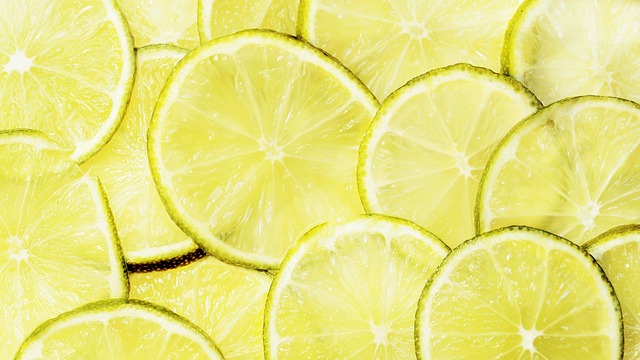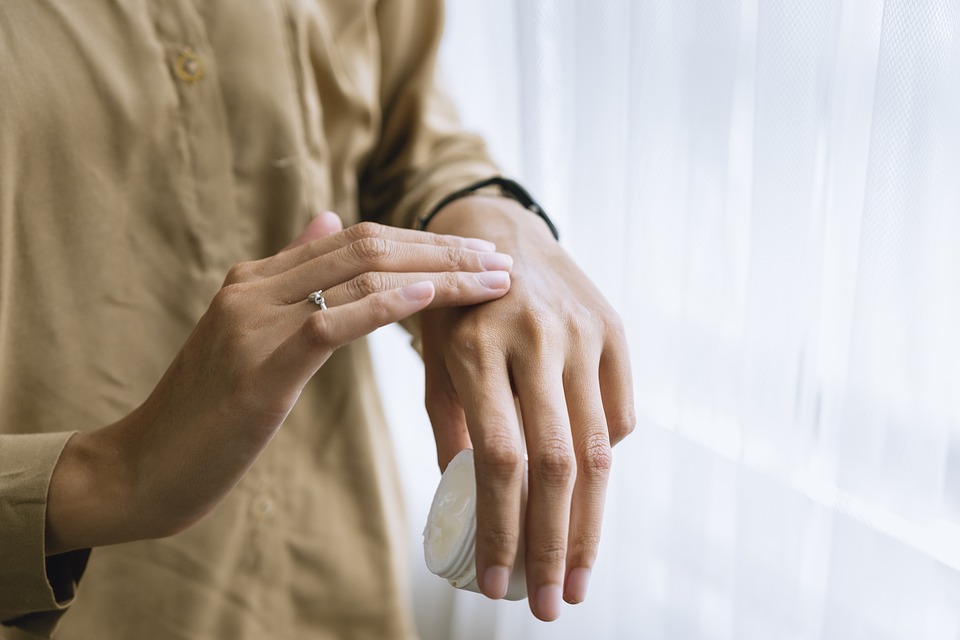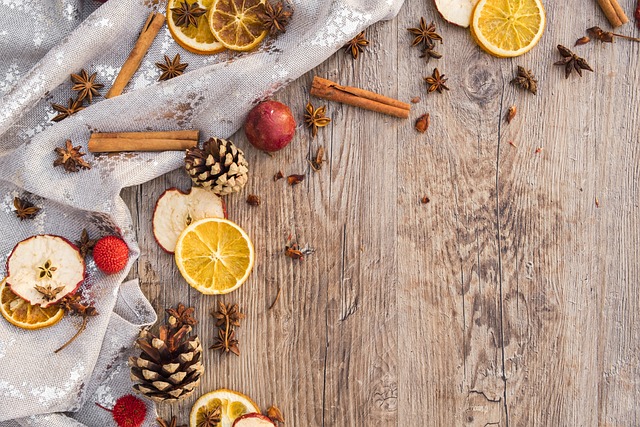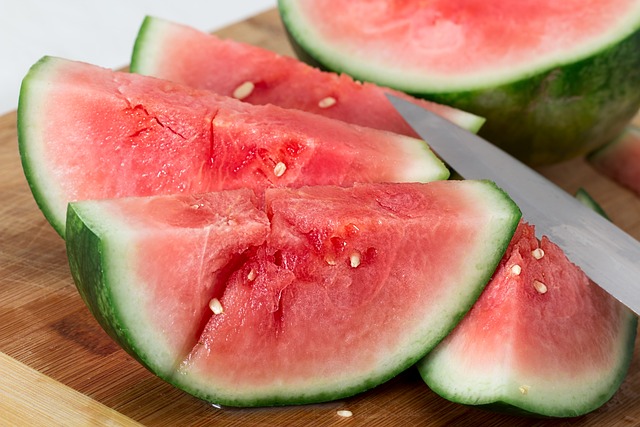Aging is a natural process that we all go through, but many people are interested in ways to slow it down. Recent studies have suggested that the gut microbiome may play a role in aging, and probiotics could be a potential tool to help slow down the aging process. In this article, we’ll explore the link between probiotics and aging and whether they can help slow down the aging process.
How Probiotics Affect Aging
Probiotics can affect aging in several ways:
- Reducing Inflammation: Probiotics can help reduce inflammation in the body, which is a major contributor to aging.
- Improving Immune Function: Probiotics can help improve immune function, which can help protect against age-related diseases.
- Improving Nutrient Absorption: Probiotics can help improve nutrient absorption, which can provide the body with the nutrients it needs to function optimally.
- Regulating Hormones: Probiotics can help regulate hormones, which can play a role in the aging process.
The Benefits of Probiotics for Aging
Probiotics can benefit aging in several ways:
- Improve Skin Health: Some studies have suggested that probiotics can improve skin health, reducing the signs of aging.
- Reduce Inflammation: Probiotics can help reduce inflammation in the body, which can reduce the risk of age-related diseases.
- Improve Immune Function: Probiotics can help improve immune function, reducing the risk of infections and illnesses that can impact aging.
- Improve Digestive Function: Probiotics can help improve digestive function, reducing the risk of digestive issues that can impact aging.
Where to Find Probiotics for Aging
Probiotics can be found in a variety of foods and supplements. Here are some of the most common sources:
- Yogurt: Yogurt is one of the most well-known sources of probiotics. Look for brands that contain live and active cultures.
- Kefir: Kefir is a fermented milk drink that is similar to yogurt. It contains a variety of beneficial bacteria and yeasts.
- Sauerkraut: Sauerkraut is a fermented cabbage dish that is rich in probiotics. Look for unpasteurized sauerkraut to ensure that it contains live cultures.
- Kimchi: Kimchi is a spicy Korean dish that is made with fermented vegetables. It contains a variety of beneficial bacteria and can be a great source of probiotics.
- Kombucha: Kombucha is a fermented tea drink that is becoming increasingly popular. It contains a variety of beneficial bacteria and yeasts.
- Probiotic Supplements: If you’re not getting enough probiotics from your diet, you may want to consider taking a probiotic supplement. Look for one that contains a variety of strains of bacteria.
Final Thoughts
While there’s no magic pill to stop the aging process, probiotics can be a valuable addition to a health routine for their potential to slow down the aging process. By reducing inflammation, improving immune function, improving nutrient absorption, and regulating hormones, probiotics can improve skin health, reduce the risk of age-related diseases, and improve digestive function. By incorporating probiotic-rich foods into your diet or taking a probiotic supplement, you can help support a healthy gut microbiome and potentially slow down the aging process. As always, be sure to talk to your doctor before making any changes to your diet or supplement routine.







